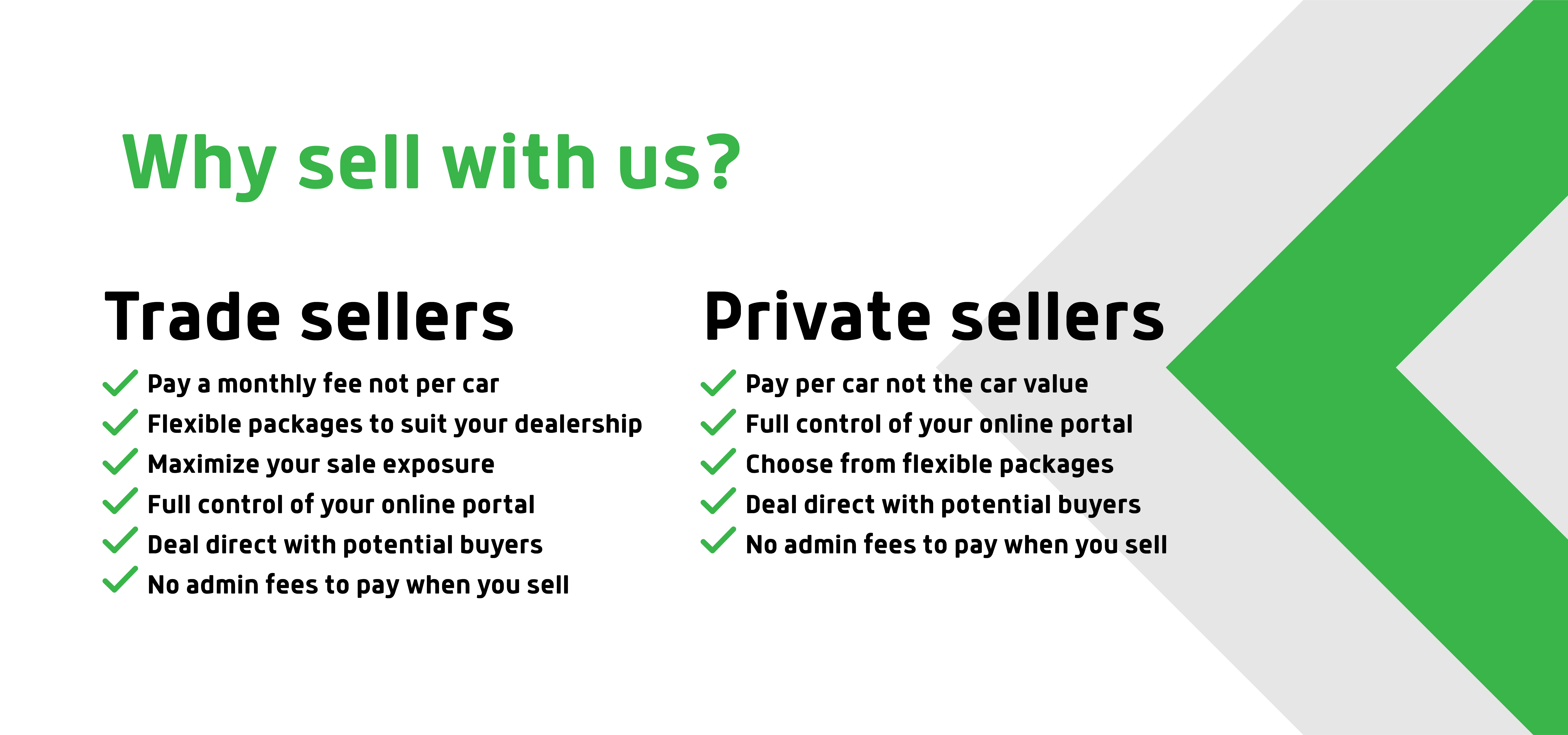
The first thing you will need to do is work out your budget. Find out the best way to finance your car, whether it's a personal loan, vehicle finance or straightforward cash. Work out how much you can put down in deposit, and then calculate the monthly payments that you can afford
If you're in the market for a used car, then looking at various sites on the internet is a great way to see what is around and what you can afford. You'll get a good gauge on whether you're paying over the odds, and with so much choice, you don't have to rush into buying a car if you don't think it's quite the right one for you.
There’s no point attaching any value to the pile of papers that comes with a used car if you’re not prepared to check them out. If you are buying from a private individual rather than a dealer, start by making sure the listed keeper is selling the car from the address stated on the V5C logbook, then check the V5C logbook and chassis numbers against those on the vehicle. After that you can start looking for any discrepancies in the service record, determine whether the cambelt needs renewal (this can be an expensive job on some cars), and check sales receipts that prove ownership and the end of any finance agreements. An HPI check will also help to expose any outstanding finance or hidden history.
Rain on paintwork can hide a multitude of sins, as will streetlamps or torchlight, so try and look at cars in good weather, and definitely inspect them in daylight. Take your time to look over every panel, and all the trim surfaces inside. Older cars are bound to have the odd scuff, so of more importance will be to make sure all the switchgear and accessories work. Do the electric windows all open at the same speed, and does the air-conditioning blow cold?
It’s vital to ensure that the car drives and handles correctly, and performs as you would expect. Does the car start easily? Are there any unusual sounds from the engine or brakes? Does the steering pull to one side? Is there any smoke coming from the exhaust? Remember to make sure you have insurance in place before setting off on a test drive.
Check under the boot floor to see if the spare wheel and/or repair kit are in place, the original jack and tools, plus locking alloy wheel nuts. Also check the glovebox for the vehicle handbook and ask the owner if any spare keys are present. Some cars will need sat nav discs or SD cards too. If any of these are missing, it could cause significant grief and they’re all expensive to replace.
When you’ve agreed on a price and are going to buy a car, make sure all terms are agreed in writing, with a receipt that both parties can sign and keep a copy. It should show vehicle details, price, and terms of sale and both the seller’s and buyer’s name and address, and date and time of purchase, in case of any speeding or motoring offences committed in the car earlier.
If you’re buying through a reputable dealer there should be no concerns here, but it’s worth repeating the obvious advice about paying for a car in a private sale. Be careful about taking large sums of money to pay for a car. If possible, use a money transfer. Never take cash to a meeting place that isn’t the seller’s home address.
After all its your choice, if your still in doubt, then walk away from the deal and have a think over it, some deals are too good to be true, don’t be pressured into buying something your not sure about, always take a step back and think.
